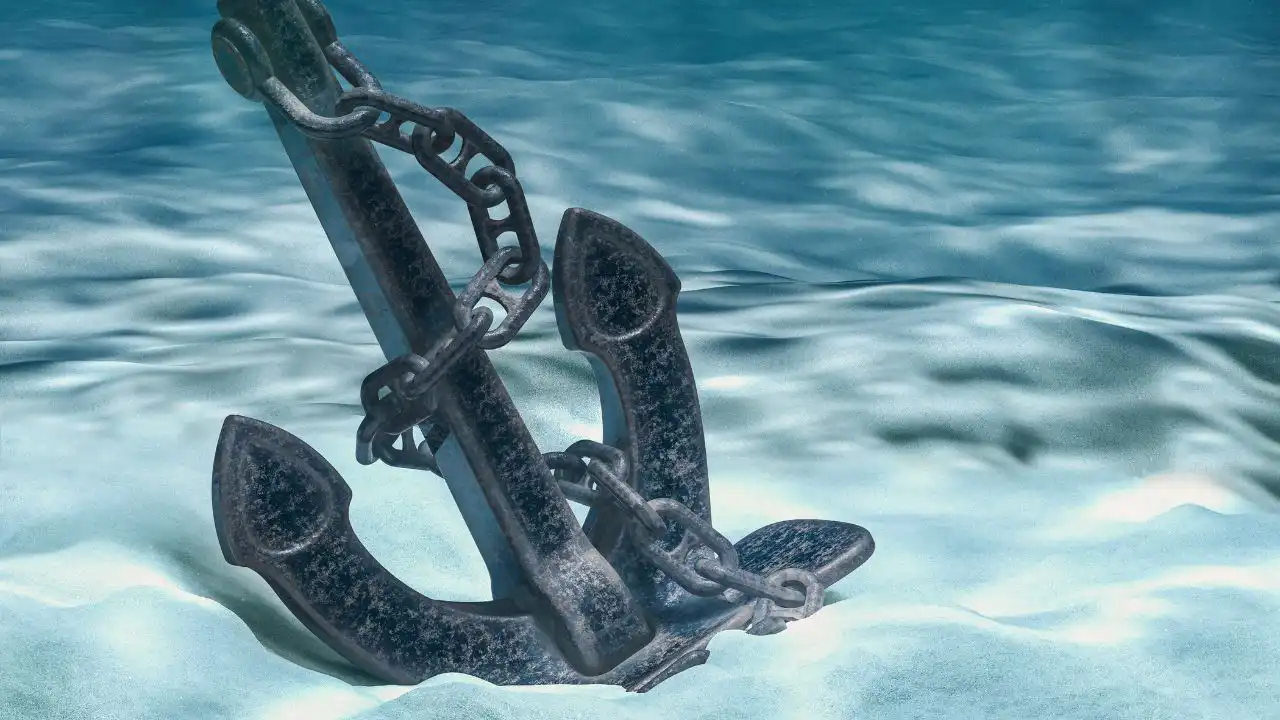
GRE Newsletter Subscribe
Enter your email address below and subscribe to our newsletter

Enter your email address below and subscribe to our newsletter

Hello folks! Welcome back to this week’s edition of our GRE Verbal Preparation Blog.
This is a weekly blog that helps GRE aspirants get a leg up on their GRE Verbal Preparation, and ace the GRE Verbal section.
If you haven’t already, check out our other blogs here.
This week’s blog is about words/terms that originated in the naval world, but are also used in other contexts.
The words are Figurehead, Stern, Pipe Down, By and Large, and Cruise.
As usual, we also dive into some interesting word origins, and stories that surround these words.
Part of Speech – noun
Definition:
Naval Context – a carving, typically a bust or a full-length figure, set at the prow of an old-fashioned sailing ship
General Context – a nominal leader or head without real power.
Origin – from figure, meaning symbolic and head, meaning someone in power.
Synonyms – bust, carving, mouthpiece, token.
Usage – The king was a figurehead. He didn’t have any real power and spent his days picking out figureheads for his navy.

The earliest ships had some form of marks to distinguish them from others, to show allegiance, or to scare passing boats, such as painted eyes on the prow, use of distinct colors, etc. In the 16th century, ‘stem-heads’ began to gain prevalence on ships. Stem-heads are large structures on the bows of ships, upon which one could place a figurehead.
After the introduction of these, each civilization began to put up busts or carvings on their ships.
The Phoenicians put up horses, symbolizing speed. Romans put up centurions, symbolizing valor. The Norse put up menacing, toothy and bug-eyed figureheads as a form of apotropaic magic.
Apotropaic magic is intended to ward off the evil eye using startling imagery. The Indian custom of hanging chilies and lemons outside houses or on cars is also a form of this.
One ship with a notable figurehead is the Cutty Sark.
Named after the witch from Robert Burns’ poem, the Cutty Sark was a tea clipper, which carried the figurehead of the witch, complete with the tail of the horse she nabbed from the fleeing Tam.
Part of Speech – noun/adjective.
Definition:
Naval Context – the rearmost part of a ship or boat.
General Context – strict and severe.
Origin:
Naval Context – from Old Norse stjórn ‘steering’, from stýra ‘to steer’.
General Context – from Old English styrne, from the West Germanic base of the verb stare.
Synonyms:
Naval Context – rear, poop deck.
General Context – unrelenting, somber.
Usage – The stern admiral ordered all the sailors to the stern of the ship for a briefing.
Part of Speech – phrasal verb.
Definition:
Naval Context – a signal that indicates the end of the day, requiring lights and pipes to be extinguished and silence from the crew.
General Context – be less noisy
Synonyms – quieten, hush, put a sock in it.
Usage – A loud exclamation of ‘pipe down’ from their father, promptly caused both kids to pretend to be asleep.
A boatswain, also known as a bosun or a petty officer, is responsible for the hull of the ship.
Boatswain comes from the Old English ‘batswegen’ where ‘bat’ stands for boat, and ‘swegen’ or ‘swain’ stands for young man or apprentice.
He is the foreman of the unlicensed deck crew (non-mates). His whistle is the signal to pipe down for the day. He also whistles to signal meal time, or for emergency notifications.
Part of Speech – adverbial phrase
Definition:
Naval Context – by means into the wind, while large means with the wind. So, “By and large” indicates ‘all possible situations.’
General Context – all things considered.
Synonyms – predominantly, overall, for all intents and purposes.
Usage – By and large, the expedition was successful in accomplishing what it intended to.

Part of Speech – verb/noun
Definition:
Naval Context – sail about in an area, especially for pleasure.
General Context – achieve (something) easily.
Origin – from Dutch kruisen ‘to cross’, from kruis ‘cross’, from Latin crux
Synonyms – sail, coast, drift.
Usage – After cruising to victory against England, the Italian football team went on a week-long cruise.
On a ship, the term ‘bitter’ is used to refer to a section of rope attached to the anchor. The bitter end is the end of the side of the rope that’s attached to the ship (as opposed to the anchor). So, when the rope is fully let out and the anchor is as deep as can be, one’s at the ‘end of their rope’, and are at the bitter end.
Outside of naval context, ‘to/until the bitter end’ is used to indicate that ‘one will continue doing something until it is finished, no matter what.’
In 1912, the Titanic set out on a voyage from Southampton in the UK, to New York City, USA. We all know what happened.
While enough attention has been given to the passengers via the blockbuster movie, not enough has been given to the crew and the captain.
Memorious viewers would remember that the band played till the bitter end, giving passengers a bit of tranquility (as much is possible when near death anyway), and that the captain went down with the ship. This wasn’t necessarily entirely voluntary.
Since before the Titanic incident, it is considered a norm for the captain to go down with their vessel. It stems from/reinforces the Victorian idea of chivalry, and also where ‘women and children first’ originates.
Although it is not illegal by international maritime law for a captain to abandon his boat, many countries do have severe punishments against it, including life imprisonment.
So, in general, a captain puts the lives of everyone else on the ship above his/her own. The captain also does not leave the ship if there is a reasonable chance that it will stay afloat, even if a means of escape exists.
(Additional Trivia : Walt Whitman wrote the poem (also maritime-themed) ‘O Captain, My Captain’ referenced in Good Will Hunting, about the death of Abraham Lincoln.)
To improve your GRE Verbal Preparation, I’d recommend reading a couple of nautical novels that are all-time classics.
Check out Treasure Island (which is free to read), and if you can, The Lord of the Flies.
That’s all for this week, folks!
Be sure to come back next week for the next installment, and keep up your GRE Verbal Preparation!
Want to set sail for your GRE Prep? Visit our site now!
Follow us on our socials for more GRE Content, including for your GRE Verbal Preparation!
Check us out on our Social Media Handles!